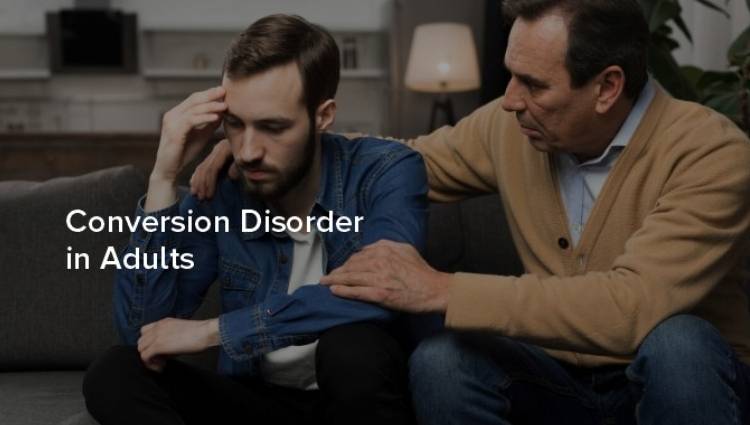
Convulsion disorder, also known as functional neurological symptom disorder, is a medical condition characterized by a range of physical symptoms that cause distress or disability but have no detectable physical cause. These symptoms are a result of psychological rather than medical factors. It’s essential to understand that convulsion disorder is not a conscious choice or a deliberate attempt to deceive others. It is a real and diagnosable condition that can significantly impact a person's quality of life.
Symptoms
The physical symptoms of convulsion disorder often resemble those of a neurological condition, such as tremors, seizures, paralysis, or blindness. However, these symptoms cannot be explained by a medical condition or structural abnormality in the brain or nervous system. Furthermore, the symptoms are often inconsistent with known neurological patterns. Other non-specific symptoms include chronic pain, fatigue, or gastrointestinal problems, that are frequently seen in emotional distress. Most symptoms tend to be sudden and can fluctuate over time. Symptoms often occur following significant stressors, such as emotional trauma or a physical injury.
Causes
The exact cause of convulsion disorder is not yet known, but experts believe that a combination of genetic, environmental, and psychological factors can increase a person's risk of developing this condition. Certain genetic factors that affect the functioning of neurotransmitters related to stress and anxiety may play a role. Environmental factors, such as childhood trauma, abuse, or neglect, can increase the risk of developing psychological disorders and convulsion disorder later in life. Additionally, psychological factors such as subconscious unresolved conflicts, defense mechanisms, or high levels of emotional stress may also precipitate the onset of convulsion disorder.
Diagnosis
A diagnosis of convulsion disorder is usually made after ruling out other physical or neurological conditions that could be causing the symptoms. This involves running a battery of tests, such as brain imaging, blood tests, and neurological exams. Once a medical evaluation is completed, mental health professionals often conduct psychological exams, such as questionnaires or interviews, to determine if there are underlying psychological factors contributing to the symptoms.
Treatment
Treatment for convulsion disorder often involves a multidisciplinary approach that includes medical and mental health professionals. In some cases, medication, such as antidepressants, anti-anxiety medications, or antipsychotics, may be prescribed to alleviate symptoms or manage coexisting psychiatric disorders such as depression or anxiety. Psychotherapy, such as cognitive-behavioral therapy (CBT), can help individuals recognize and change negative thoughts and behaviors that may be contributing to their symptoms. Additionally, stress-reducing techniques such as mindfulness meditation, relaxation exercises, or biofeedback may be useful in managing symptoms.
Conclusion:
Convulsion disorder can be hard to diagnose, and treatments are often complex and individualized. It's essential to understand that convulsion disorder is not a fabrication or a sign of weakness, but a treatable medical condition. Early diagnosis and comprehensive treatment can significantly improve symptoms and prevent long-term disability. Seeking the help of a medical and mental health professional is critical if you or someone you love experiences these symptoms. With proper care, individuals living with convulsion disorder can regain their well-being and lead fulfilling lives.
Dr M. Suneetha is one of the top medical oncologists in Gurugram. He has a vast experience of more than 30 years in the field of Medical oncology. He his specialised in treating leukemia,lymphoma, hematological oncology and other complex oncology cases . He is also specialised in Bone Marrow Transplantation (BMT) treatment. He is working as a Senior Consultant, HOD, Medical Oncologist in American Oncology Institute, Gurugram.